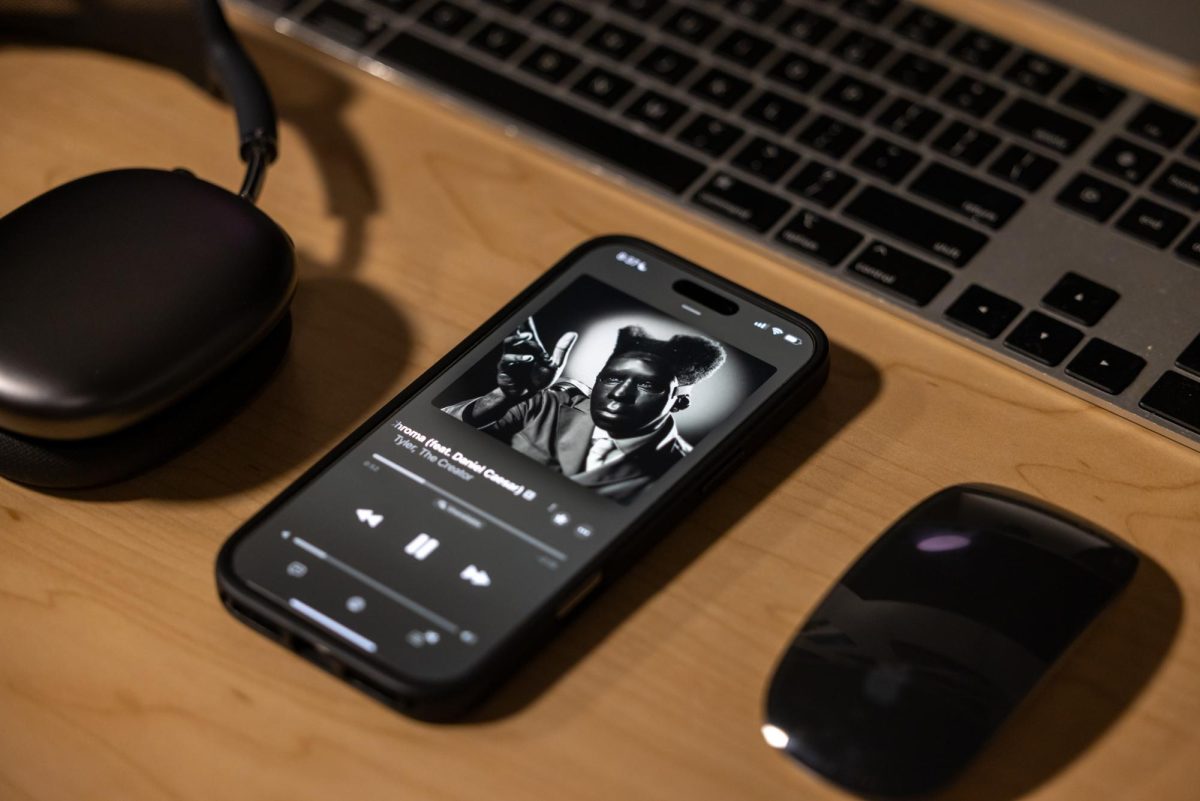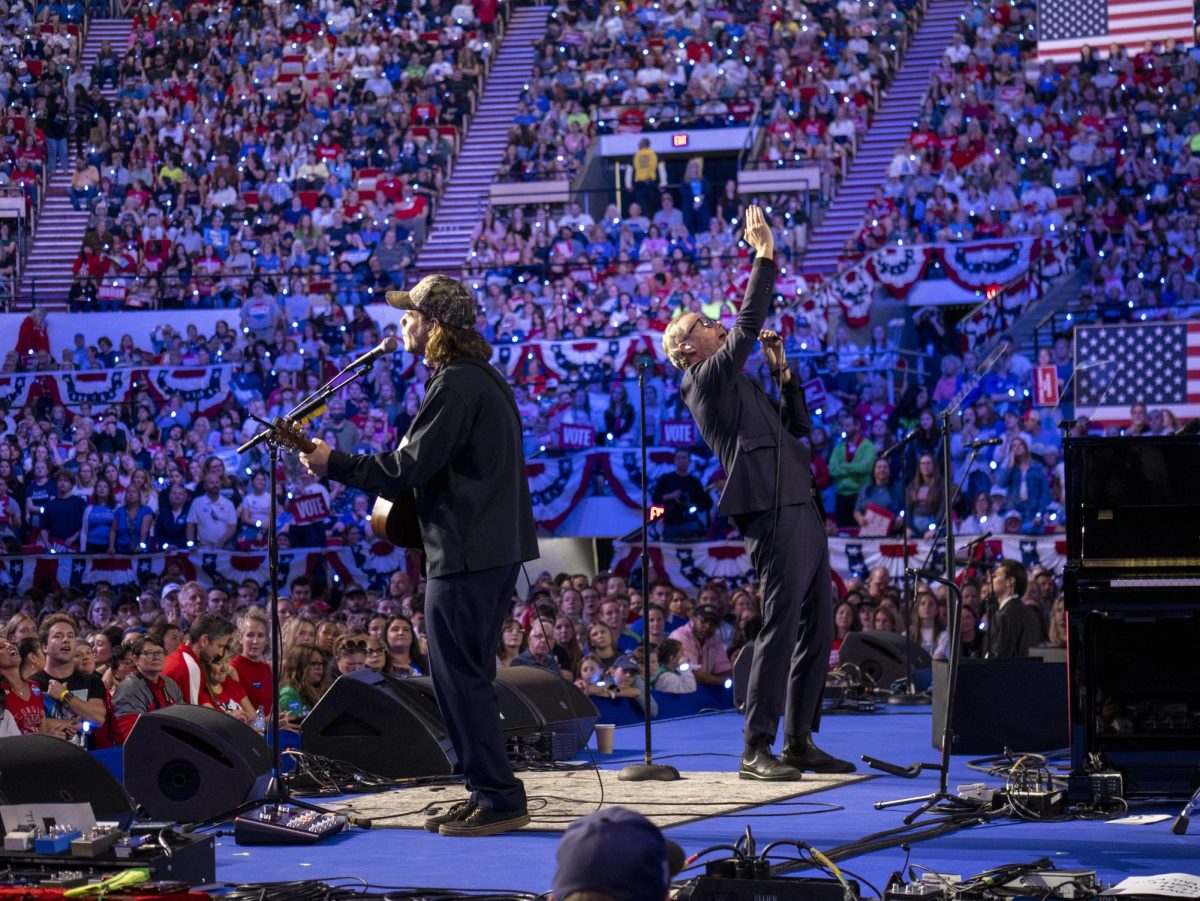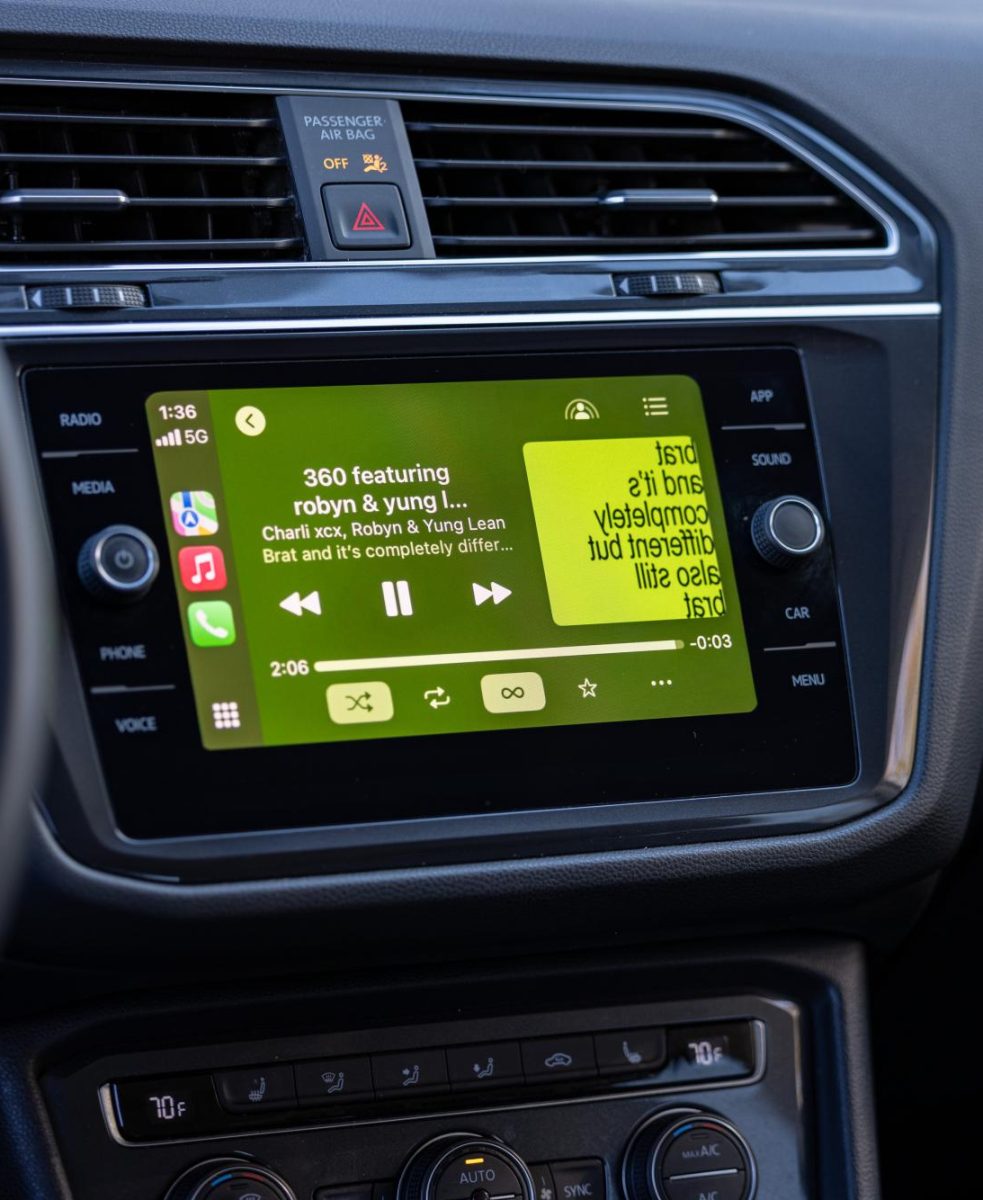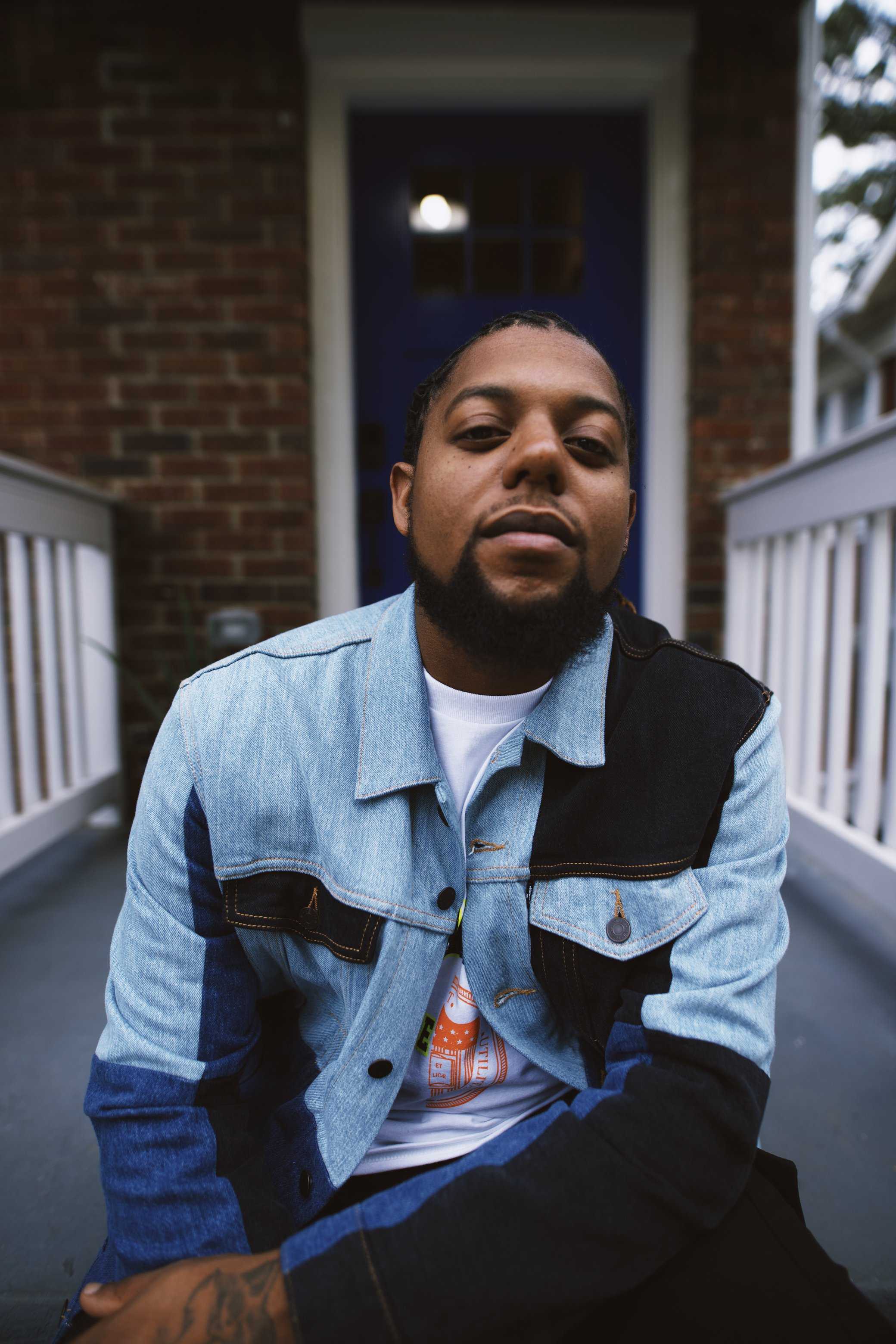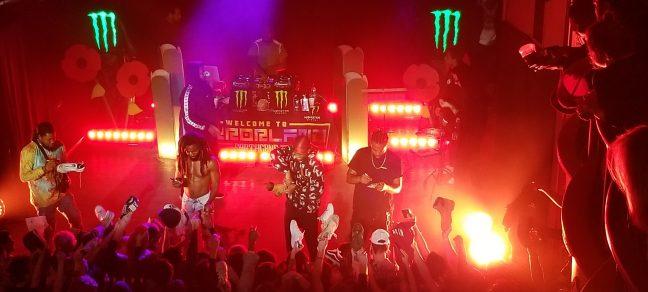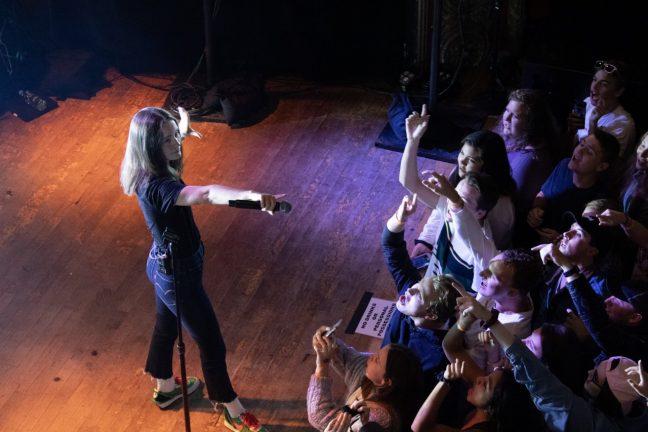Elvis Costello is known for being a chameleon. Although he started as a key player in Britain’s piano-infused New Wave movement, he has since dabbled in everything from country to opera. His long career has been filled with collaborations and genre experiments, entire albums where he immerses himself in music he hadn’t previously explored. His latest effort, Wise Up Ghost, pairs his vocal swagger and cutting wordplay with the neo-soul band The Roots. Perhaps best known as the house band on Late Night with Jimmy Fallon, The Roots have their own extensive resume of collaborations. While Costello experiments with genre, The Roots have remained fairly consistent in their collaborations, choosing hip-hop and R&B artists such as D’Angelo and Betty Wright. Both artists have a large body of non-collaborative work as well, which often contains a great deal of political commentary.
Wise Up Ghost is something of a throwback for both bands. It is born out of Costello’s interest in “remixing” some of his old work with the soulful funk he noted on The Roots’ albums. The collaboration has grown into a full-blown project, a genre exploration that takes Costello back to his work in the 70s and 80s with heavy influence from R&B. This naturally pairs well with The Roots, whose big-band approach to hip-hop and jazz creates the perfect playground for Costello. The experiment blossomed into a full-length album of big funk beats and vocal swagger.
Stylistically, the album is successful as a cohesive whole. Costello matches his rather dark, cynical lyrics well to the Roots’ experimental, throbbing funk instrumentation. The instrumentation holds onto Costello’s almost confrontational vocal tones. It is a sound that begs the listener to indulge and groove while the intricate melodies demand the mind’s full attention. To get the most out of the album, the listener must truly be checked in, ready to follow each musical idea from singer to keyboard to brass as they wind together and feed off one another. Throughout, ?uestlove’s assertive beats unify The Roots’ sound and keep the group marching to the beat of his drums.
The most successful coupling of instrumental and vocals is unquestionably the album’s first track, “Walk Us Uptown.” The electronic quirks intertwine with the rawness Costello brings to his singing. It plays as more of a jam session, a conversation that is passed along from one band member to the next. This confidence and conversational quality is what makes “Walk Us Uptown” such a success. This, along with the lion’s share of the album, are successful because they explode with musical ideas, taking a unique sound bite and running with it. The downside of this is that quieter, simpler tracks such as “Tripwire” feel somewhat unnecessary. These read more like footnotes, mini tangents in the overarching conversation that don’t truly add to it. Overall, the album would have been more successful as an EP, removing these tangents for a stronger more edited product. While still worth checking out (and putting on repeat), be prepared to skip over a few tracks after the first initial listen.
4 out of 5 stars









